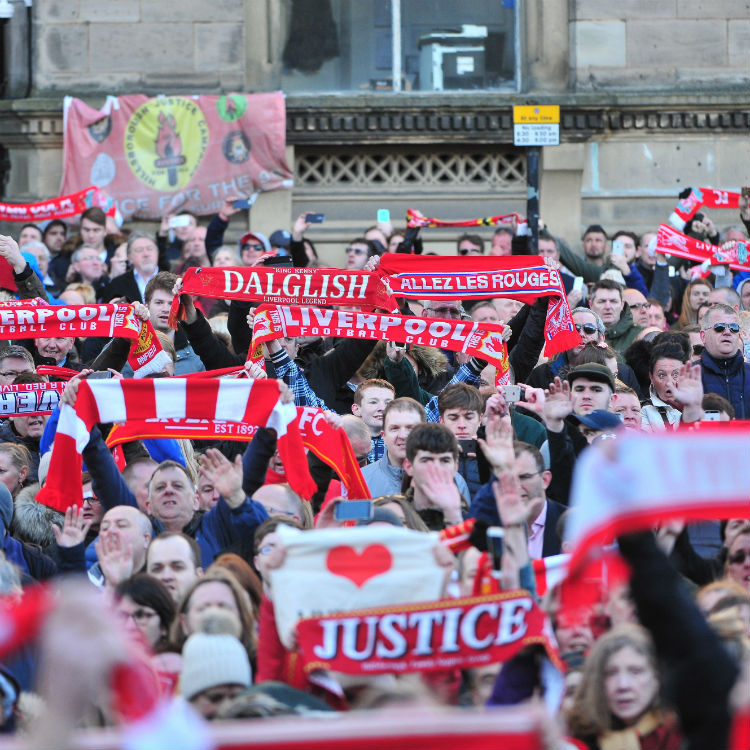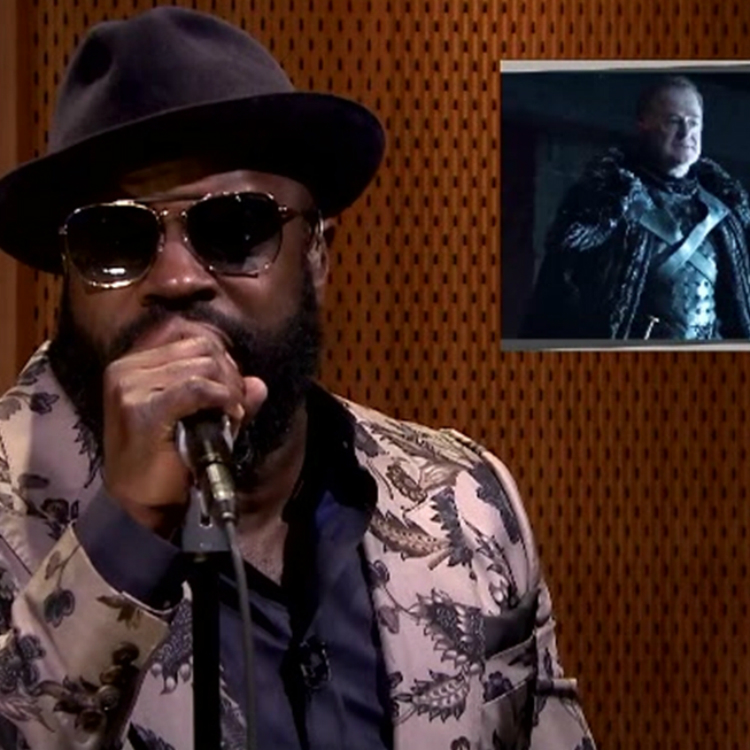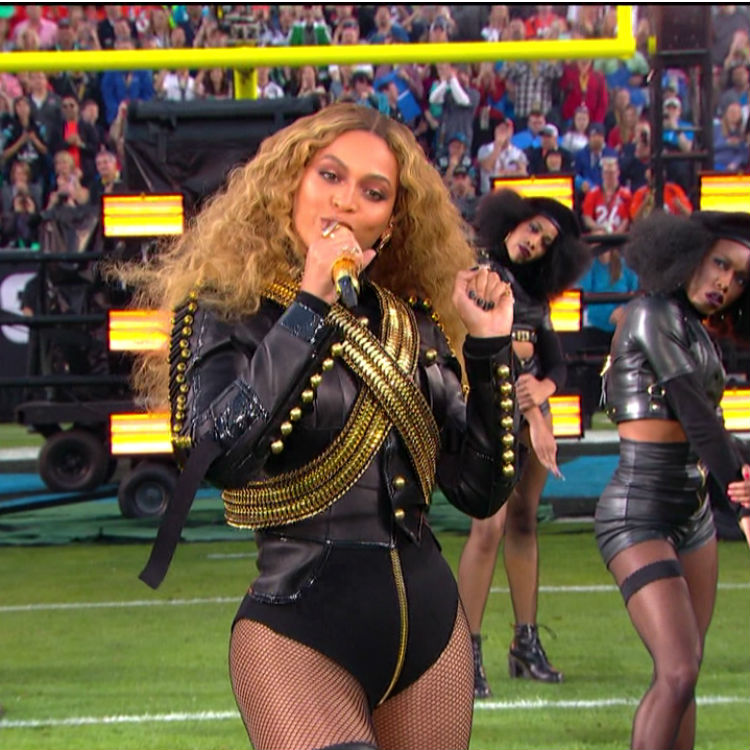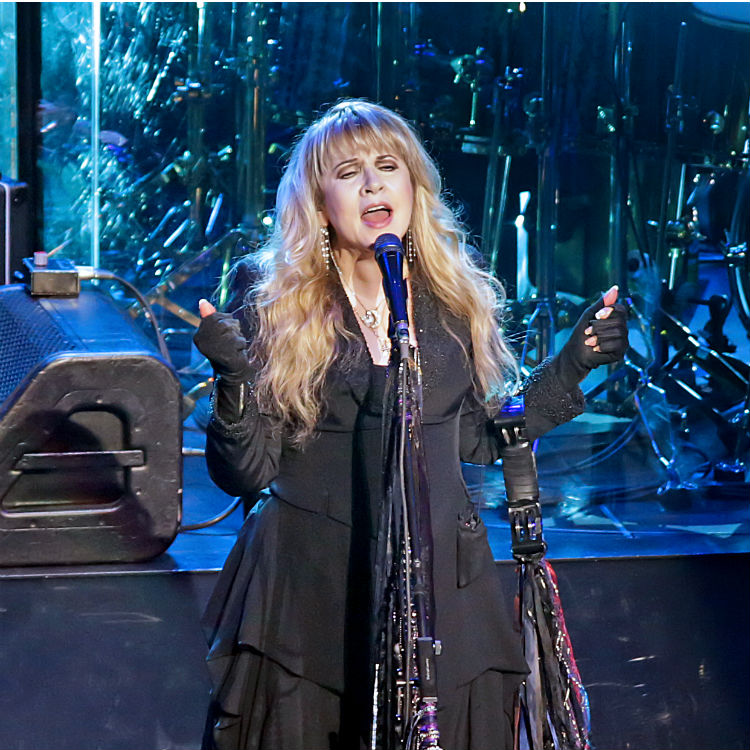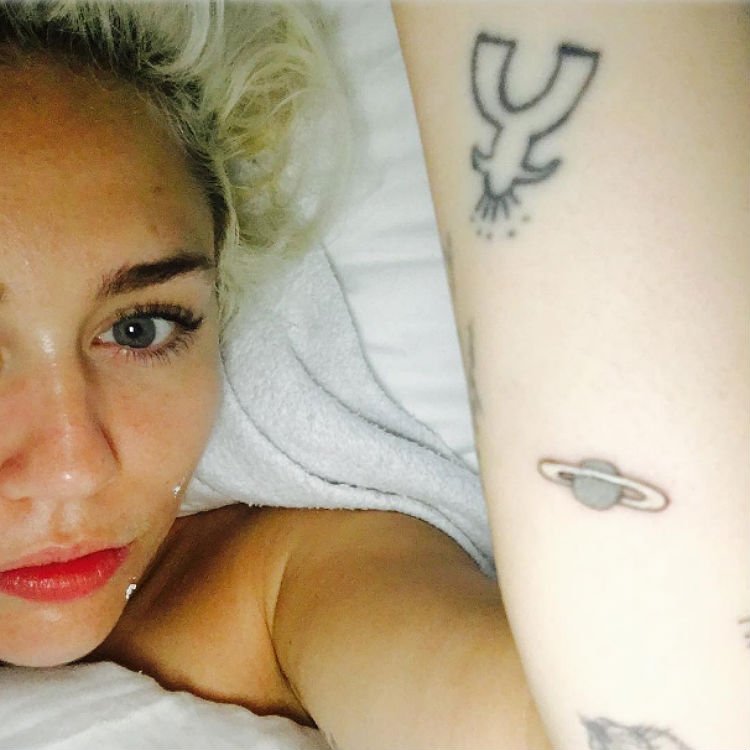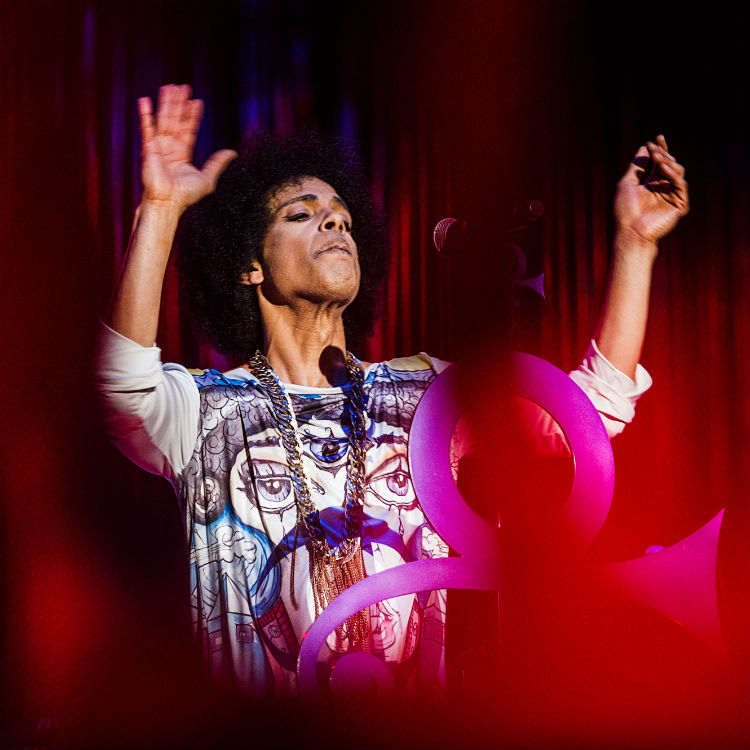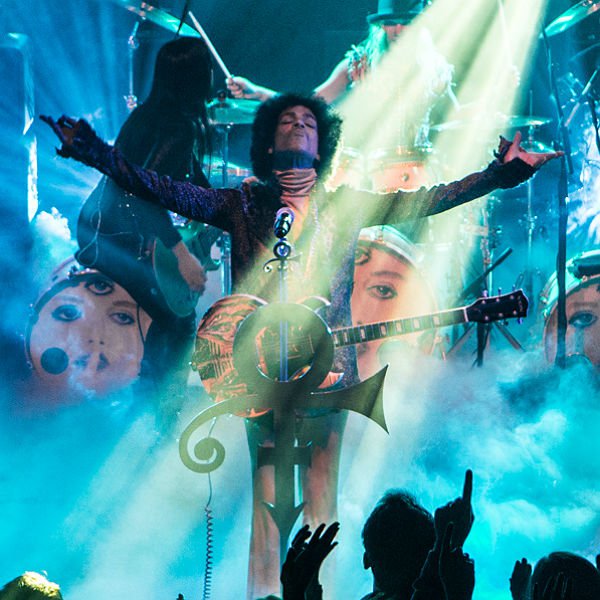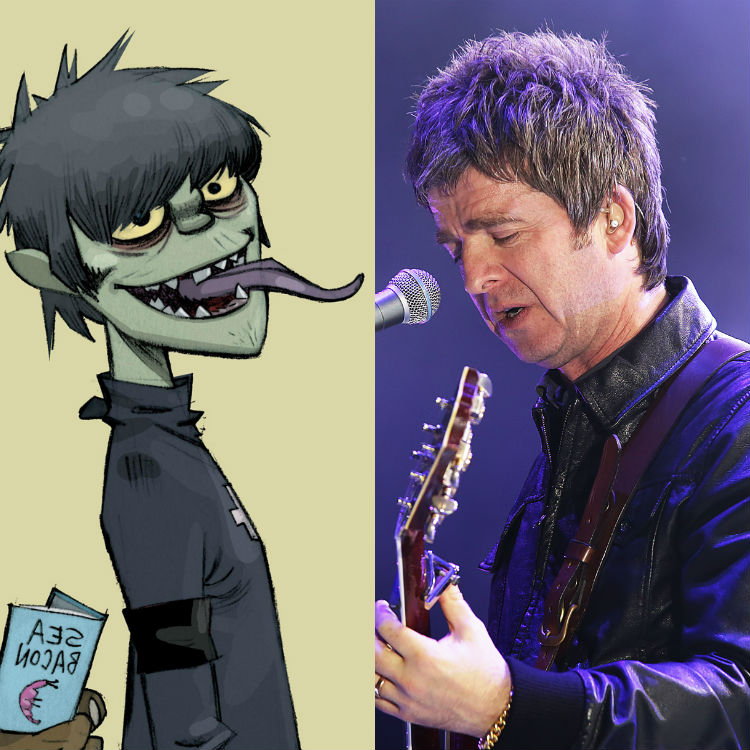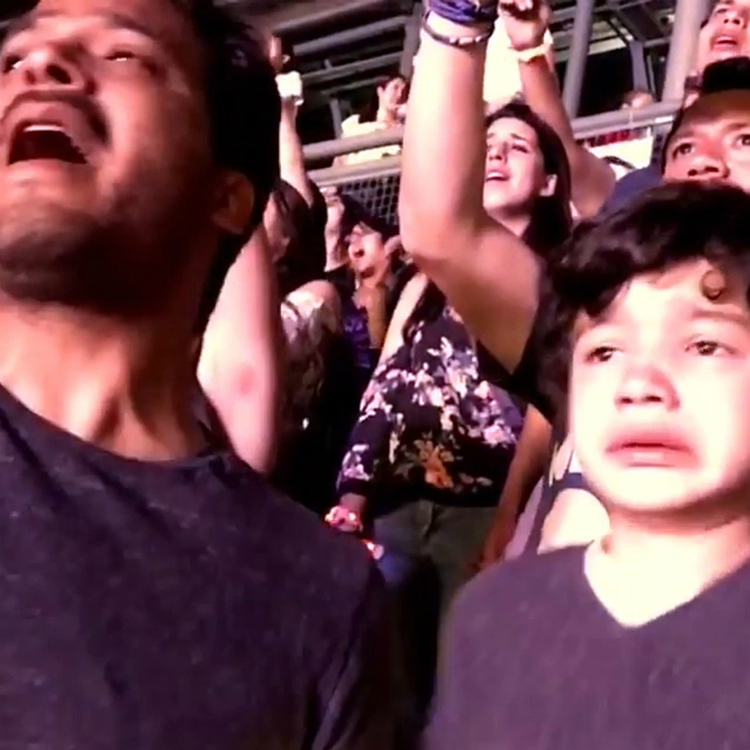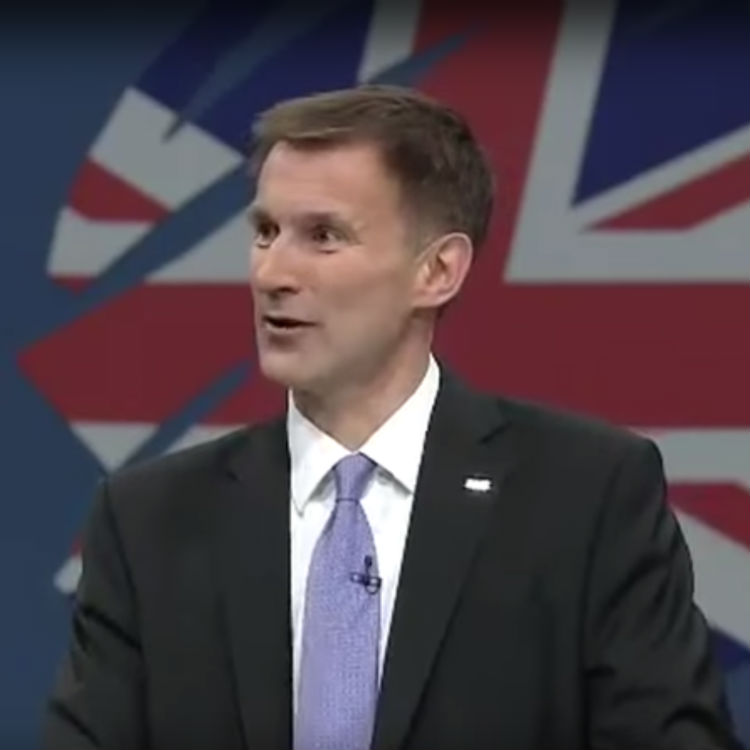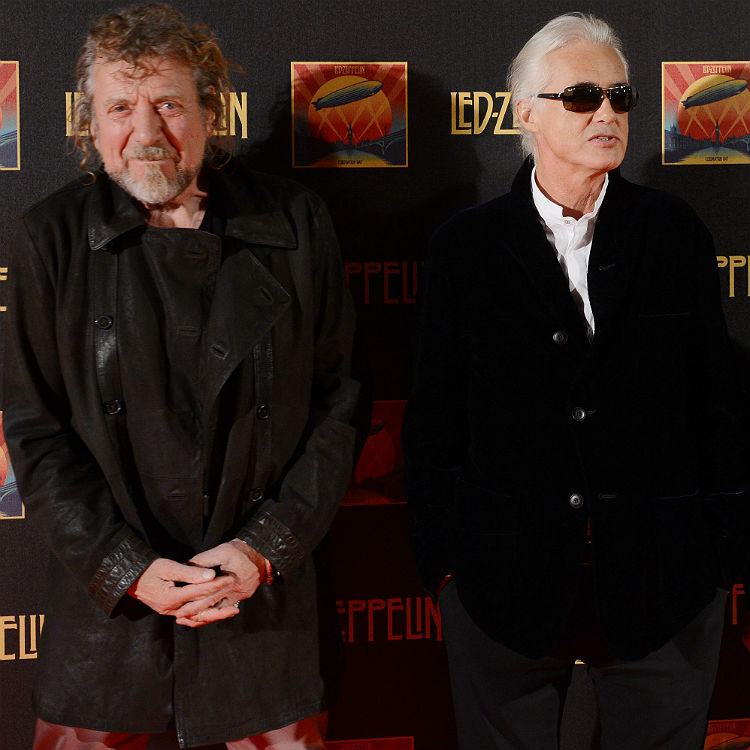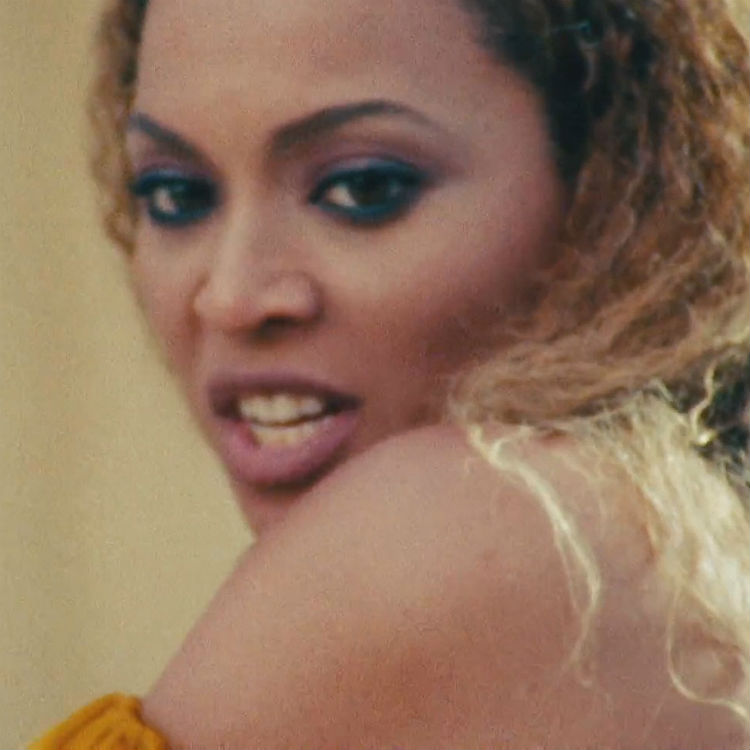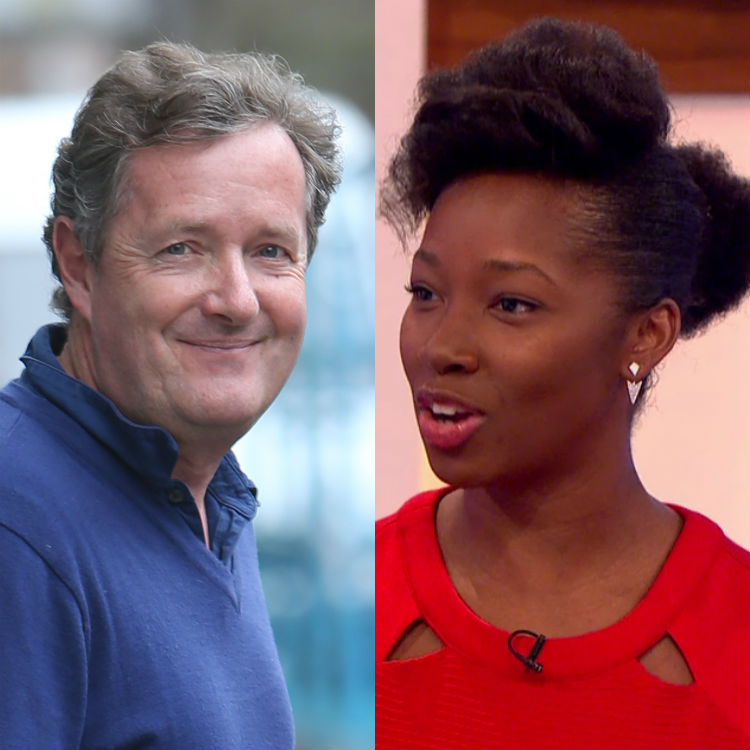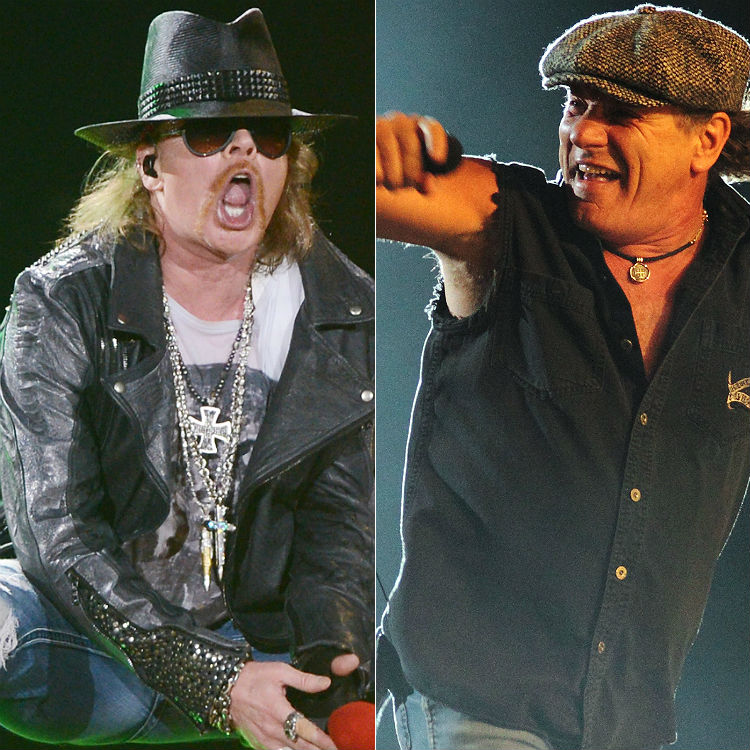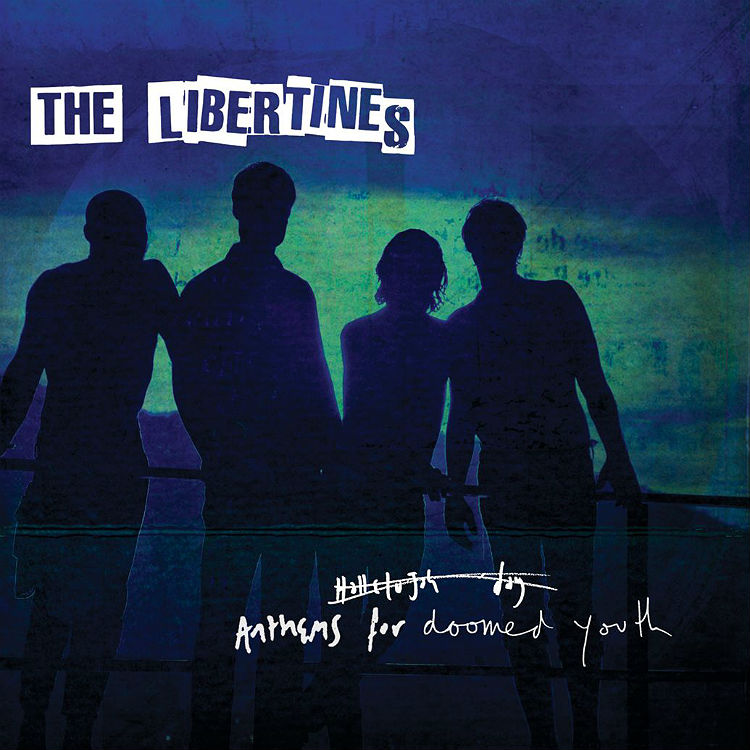 Photo: Artwork
Photo: Artwork
"With all the battering it’s taken, I’m surprised that it’s still ticking" cries Pete Doherty on ‘Heart of the Matter’ - a statement most can agree with.
The man and the band, noughties indie darlings, The Libertines, weren’t scripted to make it this far. Flashback a decade and you’d have bet your house that the bomb would have gone off within months rather than years, amidst a chaotic mix of drugs, fame, lies and deceit.
And so, what to make of this unheralded return, 11 years on? Is the ship of Albion so battered from its journey there’s no flag left to fly, or will it sail on from this port with renewed fervour? The answer is a little more complicated.
Anyone expecting, or desiring, Up The Bracket’s whirling punk brashness will be disappointed. But this is not a bad thing. As Liam Gallagher learned the hard way, no amount of image and posturing can deny the trials of time.
Now all nearer 40 than 30, trying to replicate the urgency of youth would be a misstep for the band. Instead Anthems… is an album focused on reflection and reconciliation. Accordingly, Clash stalwart Mick Jones has been relieved of production duties in favour of One Direction and Ed Sheeran’s steady hand Jake Gosling.
Listen to 'Heart Of The Matter' below
The move proves as understandable as it is heart-breaking for Rough Trade purists. Gosling’s influence is clear, creating a polished sound that brings out the best of rumbustious choruses. “All I want is to scream out loud and have it off with a mental crowd”, bellows Carl Barat on opener ‘Barbarians’, swiftly followed by the festival-ready lead single ‘Gunga Din’ - though neither quite hold the free-wheeling mania of ‘Time for Heroes’, ‘The Delaney’, or any other spark from the band’s original plethora of fire.
What it does allow for is the album to excel during its many more refreshing, independent moments, where the traditional “sound” is secondary, behind the yearning to open up and unscramble the past decade.
‘Belly of the Beast’ is a deliciously trashy blues number - John Hassall’s bass-playing more pronounced than ever as guitars funk around – Barat quoting a revealing line from his therapist: “pound for pound, blow for blow, you’re the most messed up motherfucker I know”.
Doherty similarly regales poetic tales from his own intervening journey, “an acoustical lullaby with all hell going on inside of him/he headed east but got waylaid by a lower power/ in a cracked up, smacked up kind of way”. Echoes swirl, and there’s a sense of scale – floating in and around the layered sounds and effects - that would have been unimaginable on the first two records.
‘Iceman’ is a natural successor, continuing the theme of renewal. Opening to the sound of waves lapping up on the beach, it is the most direct reference to Doherty’s recent, and thus far most successful stint at a Thailand rehabilitation centre, where the band relocated to record the album.
A metaphor for meth dealers, the track builds beautifully, Doherty painting his youth as one of many dreamers who head to London, only to get sucked into its backstreets. “Don’t spend your days in the haze of the iceman/don’t spend your nights wondering the wards/‘cos it means nothing at all”, he ultimately warns. From a man who spent years dominating tabloids in drug fuelled spirals, these are affecting and welcome words.
Watch the video for 'Gunga Din' below
The confessional identity melds with Gosling’s pop awareness to perfection on ‘Heart of the Matter’. Drawn in by The Cure and The Smiths in the same tone as Babyshambles’ 2013 single ‘Picture Me In a Hospital’, Doherty proves his ability to conjure catchy riffs and hooks of mass appeal. Sounding noticabely older, there’s something endearing about hearing Doherty and Barat’s optimism singing "You’ll get by, you’ll get by with your wicked smile."
Similar sobering clarity is found on the reworked rendition of 'You’re My Waterloo', a lost early demo from 1999. Cleaned up by Gosling’s production, a piano pierces through, and Doherty is given the floor, unfettered, to deliver some genuinely poetic lines. At points this romanticism goes too far, particularly on ‘Fame and Fortune’, which even if ironic in its lyrics, comes across as an unintentional self-parody of the Camden stereotype.
Anthems… will not not be what many expected, nor what 2004 suggested. The moments of riot inspiring riffs, ‘Glasgow Coma Scale Blues’ and 'Fury of Chonburi' (about a Thai vice den the band frequented), are select yet thrilling, particularly live, but far from the album’s best moments. These lie in the times the band push themselves further, and look to the future.
To quote Barat on the title track, “Yes we thought that they were brothers / but then they half murdered each other…did a karaoke turn and murdered half their songs." But somehow they’ve escaped this doomed youth, and are looking to the future sounding more interesting than ever.
